|
According to the latest census data, about five million of the country’s population was born prior to 1953. That means 87 per cent of Canadians were not alive the last time a coronation ceremony was held to crown a new monarch. As you read this, depending on how early you check your email, the coronation of King Charles will be underway or over. Are you watching? Did you watch? I will be, not because I’m a monarchist (that was my grandmother), but because the coronation is a historical event.
The 70 years between the coronation of Elizabeth and her oldest son Charles have seen a tremendous change in our view of the monarchy. It’s a topic that we have covered many times since the death of the Queen last September.
So whether you’re enjoying tea and crumpets, or whether you’re sleeping in and are more interested in the hockey playoffs this weekend, I’ve assembled a collection of interesting articles from across The Conversation network (special shoutout to our colleagues at The Conversation UK) about the coronation and our new king that you can read during the ceremony or even after the fact.
Enjoy the weekend and we’ll be back in your Inbox on Monday.
|
Weekend Reads: A new king is crowned
|
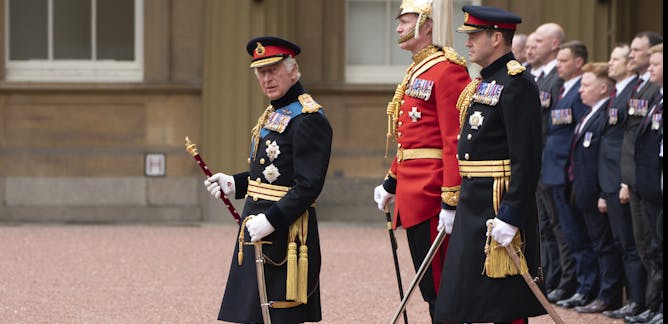
Jess Carniel, University of Southern Queensland
Historically, a monarch was far more involved in governing than they are today, as many of their duties are now ceremonial.
| |
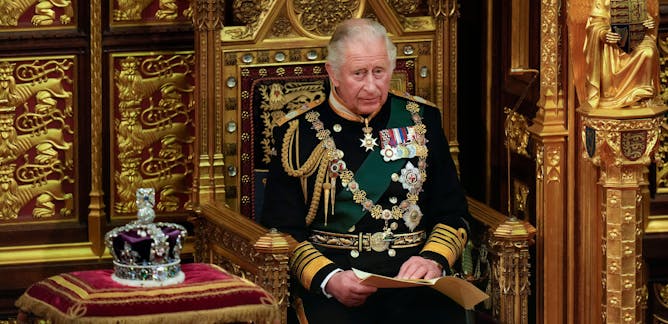
David Crankshaw, King's College London; George Gross, King's College London
The coronation oath speaks to the entire nation, but also broadcasts a global message of what the United Kingdom stands for.
|
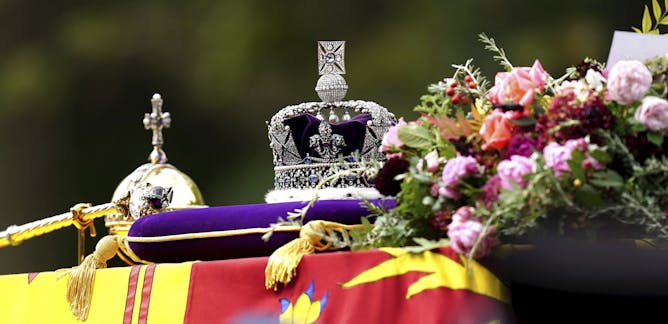
Annie St. John-Stark, Thompson Rivers University
Gems do not a monarch make, and repatriating the Crown Jewels would strengthen the contemporary British monarchy at a time when it most urgently needs to modernize.
| |
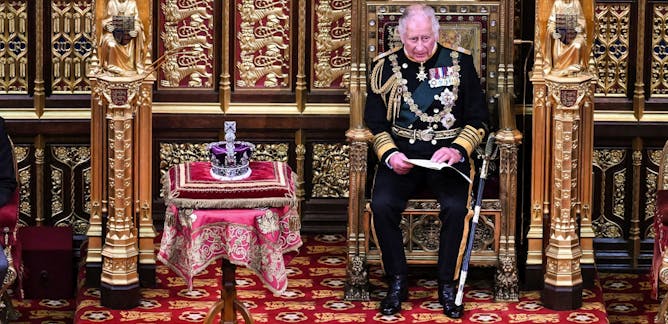
Vinita Srivastava, The Conversation; Ollie Nicholas, The Conversation
Although King Charles will have a low-key ceremony this coronation, the Crown Jewels will still figure prominently. An exploration of the jewels tells a tale of exploitation, rape and pillage.
|
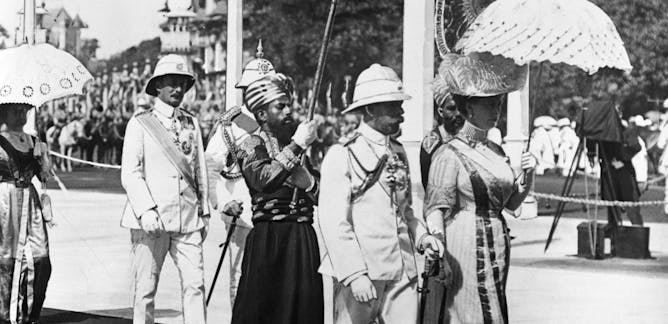
Sean Lang, Anglia Ruskin University
The coronation will have echoes of empire, but represents an important stage in the modern monarchy’s move away from its shadow.
| |
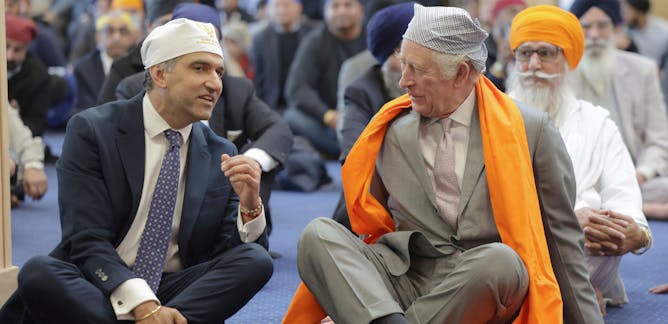
Philip Williamson, Durham University
The coronation is a Church of England service, expanded for the contemporary age.
|
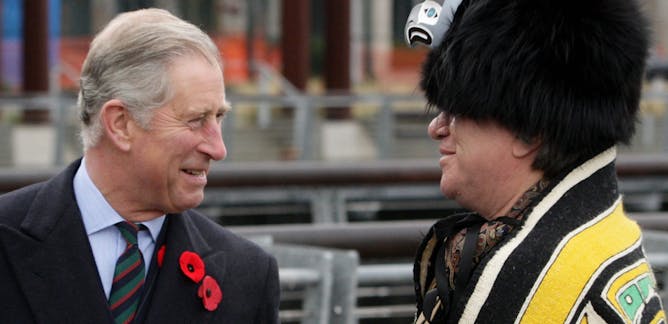
Alan Sears, University of New Brunswick
Ironically perhaps, it may be the move toward reconciliation between Indigenous Peoples and settler Canadians that revives the focus of the Crown in Canadian schooling.
| |
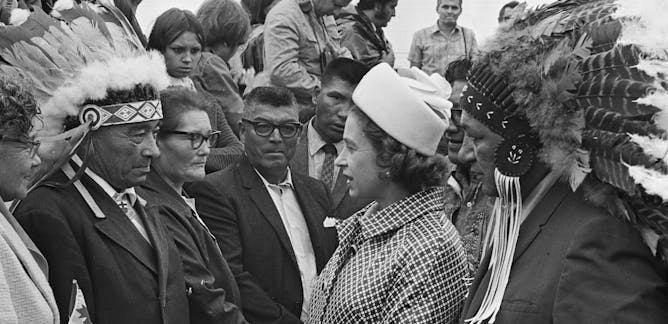
Thomas Klassen, York University, Canada
Queen Elizabeth harnessed goodwill from Canadians mostly as an individual, rather than as the hereditary head of an institution. But her death will lead to debate about the relevance of the monarchy.
|
|
|
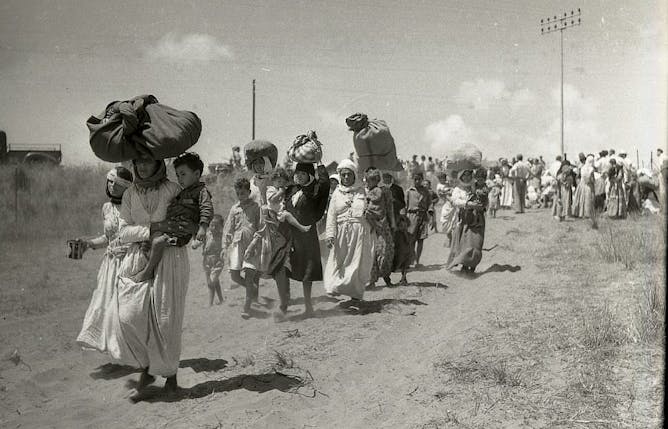
Vinita Srivastava, The Conversation; Boké Saisi, The Conversation
The UN’s resolution to recognize Nakba Day on May 15, to mark the expulsion of Palestinians from their homes in 1948, helps to acknowledge past traumas but does the resolution have other implications?
|
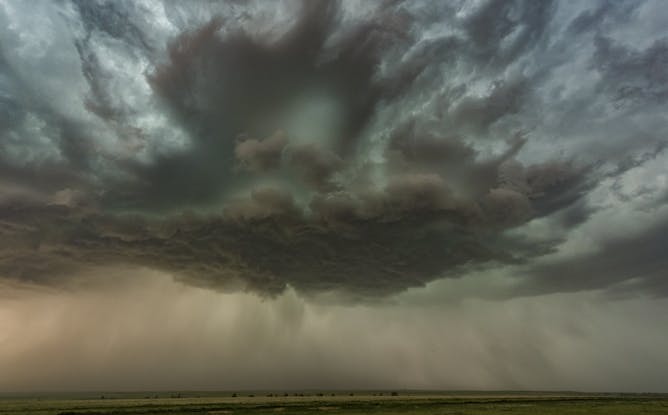
Daniel Merino, The Conversation; Nehal El-Hadi, The Conversation
Cloud seeding – spraying materials into clouds to increase precipitation – has been around for nearly 80 years. But only recently have scientists been able to measure how effective it really is.
|